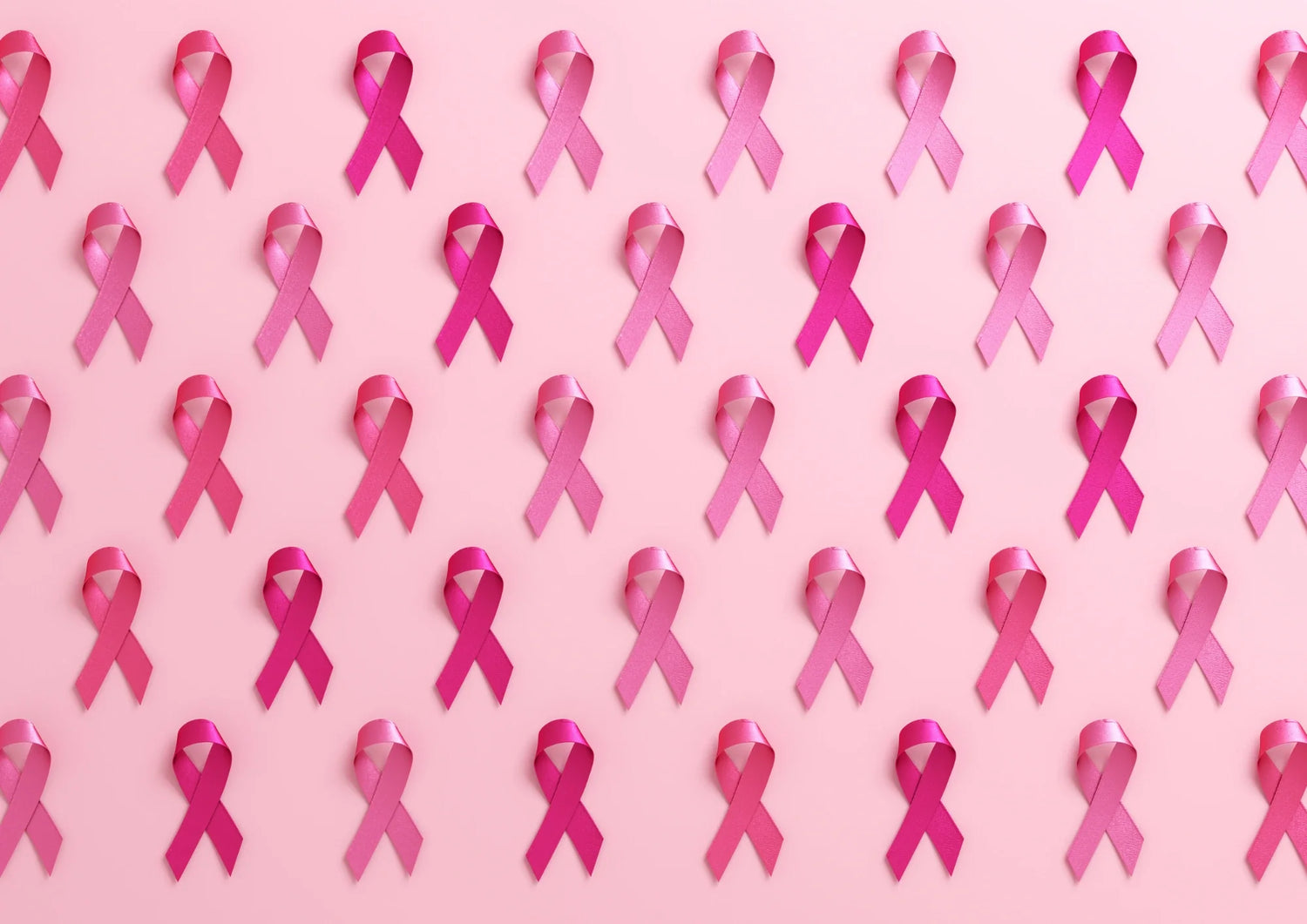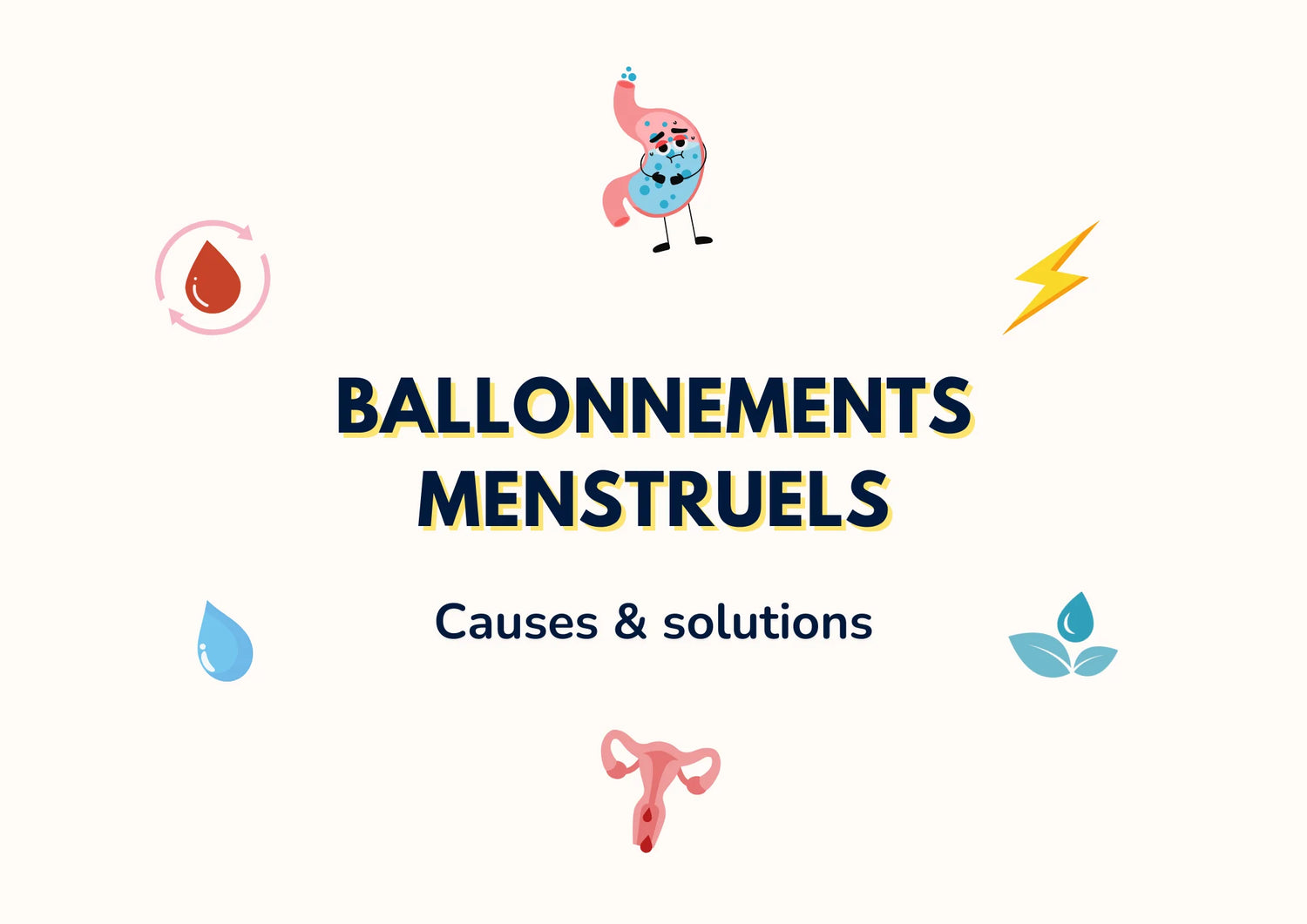In many developing countries, access to menstrual hygiene products remains a major challenge. This issue, although often overlooked, deeply impacts the lives of women, both in terms of their health and their education and autonomy.
Due to inadequate protections, many are forced to use precarious and unsanitary alternatives, thus putting their well-being at risk. This reality affects not only local populations but also travelers facing... difficulties in obtaining sanitary products on site.
Summary
A problem for local populations and travelers
Access to feminine hygiene products is an issue which is not recent and on which we should focus a little more, awareness is needed on the subject. Indeed, in many many countries in development, the women do not have access to hygiene products, or they are not unable to purchase them due to their high cost.
This situation has devastating consequences for women's health, education, and autonomy, who are often forced to turn to makeshift methods such as the use of cloths or of leaves to manage their rules.
Local populations are obviously the most affected by the phenomenon, but this is also the case for the women who travel.
Access and cost issue:
The women in developing countries are faced with significant barriers in terms ofaccess to hygiene products.
In many regions, the feminine hygiene products are not available in local stores, which requires the women to cover long distances to obtain them.
The high prices of feminine hygiene products are all the more a hindrance to obtaining them. They are sometimes even forced to find some less hygienic alternatives and potentially dangerous.
Impact on women's health:
The lack of access to hygiene products can have some serious health consequences for women. Using makeshift methods, such as cloths or some leaves, women may be exposed to some infections and to other complications.
These are situations that can also lead to unpleasant odors, stains, and leaks, thus making the women uncomfortable with their periods. And we know how unpleasant this period can be, to begin with.
Impact on the education of young girls:
The lack of access to hygiene products can also have a impact on girls' educationMany girls in developing countries miss school during their period, because they do not have adequate hygiene protection.
This can have long-term consequences on their professional future.
Possible solutions:
There are several possible solutions for improve women's access to sanitary products in developing countries. One of these solutions is to raise public awareness and to break the taboos surrounding menstruation, which can help to normalize the use of feminine hygiene products.
Moreover, in recent years, in Western countries, there has been an increasing focus on topics related to menstruation and eco-friendly alternatives, such as menstrual panties or the menstrual swimwear, are becoming more and more frequent and that's a great thing.
Today, there are government programs and non-governmental organizations that work to provide free or low-cost hygiene products to women in the most affected areasWe also plan to participate in this movement by donating menstrual swimwear.


 https://mysorio.com
https://mysorio.com


